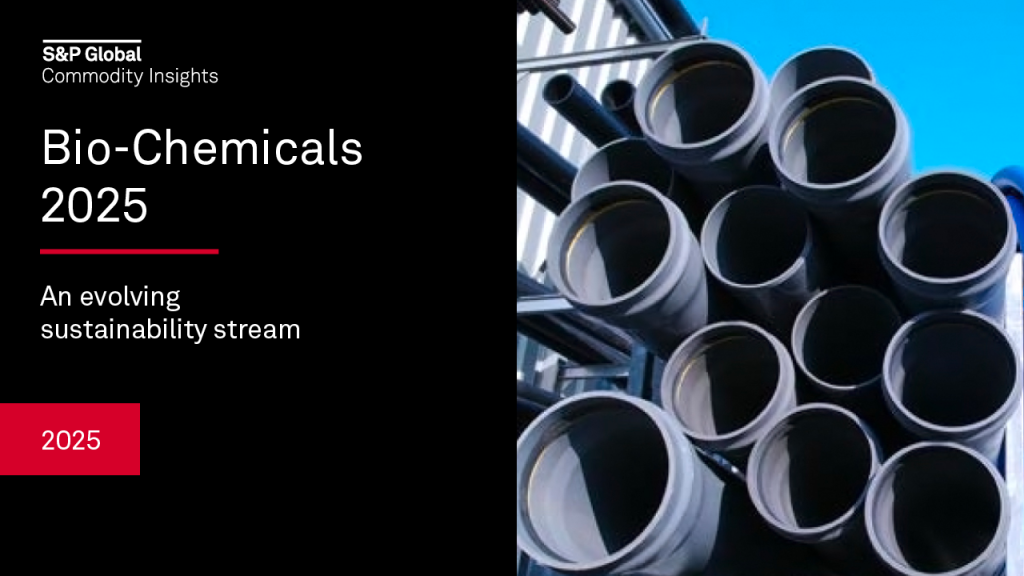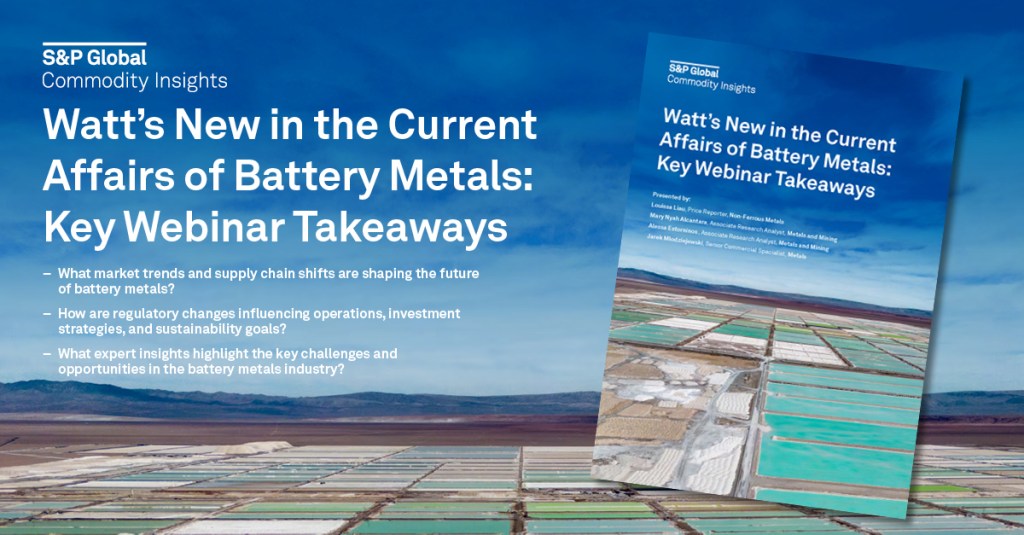MeadWestvaco Corporation Brazilian Subsidiary Rigesa
Rigesa is a wholly-owned Brazilian subsidiary of the MeadWestvaco Corporation. A family-owned business established in 1942, Rigesa had become financially overextended by 1953, when the former Westvaco Corporation acquired it. A pulp mill made about 10 tons of pulp a day from bagasse (waste sugar cane fiber), which was used to make corrugated containers. Land ownership was limited to the factory site in Valinhos, S?o Paulo state in southeastern Brazil. A total of US$2.8 million was invested to purchase the business and provide working capital.
Solely on its own earnings, Rigesa developed under Westvaco’s and MeadWestvaco’s nearly 50 years of ownership into the most profitable producer of corrugated containers and folding cartons in Brazil, basing its operations on environmental and social sustainability.
A global Code of Conduct is reviewed and signed each year by each salaried employee and discussed with hourly employees. Environmental excellence in operating manufacturing facilities and sustainable forestry practices is a key element of the Code and other company policies.
Profits from the mill were used to expand production capacity and to develop the forest resources that replaced bagasse. With new thinking about plantation sustainability and the need to protect ecosystems, Rigesa designed a forestry program to plant high quality trees on acquired depleted forests and farmland. In conjunction with its parent company, Rigesa began forest research with the evaluation of more than 100 hardwood and conifer forest tree species to find the best combination of fiber productivity and adaptation to the local environment.
The forest estate began with the purchase of lands in Santa Catarina and Paraná states, over 1,600 kilometers from the Amazon rainforest. In 1974, a new pulp and paperboard mill was established in Três Barras, Santa Catarina. The company’s 48,000 hectares of ownership include over 13,000 hectares of native woodland managed as bioreserves. MeadWestvaco’s award-winning Ecosystem-Based Multiple Use Forest ManagementSM concept is used in conjunction with Brazilian plans to integrate water, habitat, and biodiversity goals across the landscape, while supplying 100 percent of the fiber required and supporting the local forestry industries with high value pine sawlogs to export value-added products to the US and Europe.
In recent years Rigesa has implemented a landowner assistance program with private farmers in the area. Future wood supplies will come more and more from private farmers. Investments in new technologies were aimed at minimizing fiber use while at the same time turning out products that meet with stringent quality control tests. Today, Rigesa is a leading supplier of distinctive packaging for domestic and export markets. Rigesa has grown to include two paper mills, four box plants, two folding carton plants, and one micro-corrugated plant, all using advanced manufacturing technologies. Rigesa’s 2,000 employees comprise a significant part of the workforce and economy where plants are located.
The company has maintained a strong ‘people focus’ since its beginning, offering training and professional development to local employees, including assistance schemes to promote the health of employees and their families. Rigesa established supplemental schools, producing many high school graduates among employees and their families. Rigesa has also worked with more than 26,000 students and 1,100 teachers in recent years to raise awareness of conservation through Project Learning Tree, a program developed by the American Forest Foundation and introduced to Brazil by Rigesa.
When Rigesa bought land near Três Barras, the region was fairly impoverished. The timber had been cut in the 1920s without regeneration. When the Três Barras paper mill was built in 1972-74, the roads were dirt, and most employees walked or bicycled to work. Electricity and running water were sparse. Today, roads are paved; workers’ homes have electricity, running water, and satellite TVs; many families have cars, and ancillary businesses have arisen to generate additional employment. Unionized employees earn salaries that are above average for the region. Factory and forest operations, measured by US Occupational Safety and Health Administration standards and Brazilian safety rules, have lower accident levels than most comparable US operations.
Rigesa now stands as an example of a business with the principles of sustainability clearly woven into its fabric, with its operations based on the three pillars of economic, social and environmental progress. The company proves that sustainable development did not begin at Rio.









